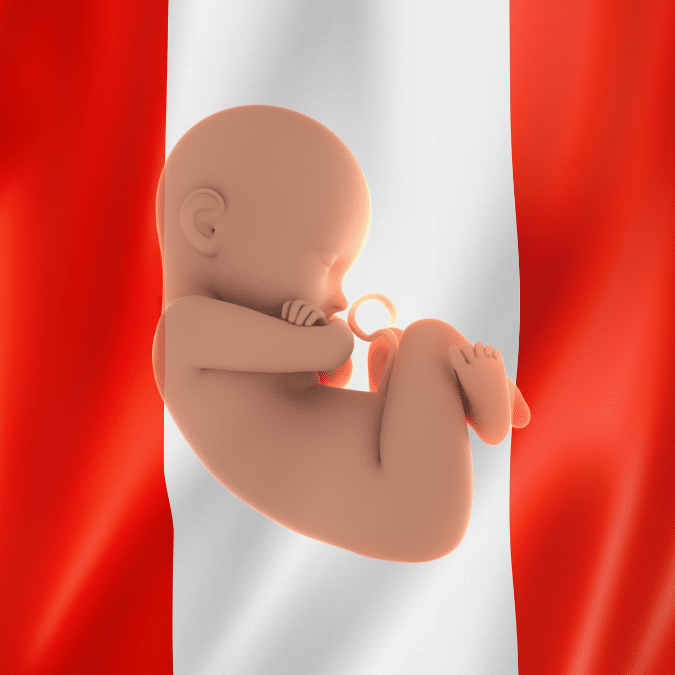On 9 November, the Peruvian Congress passed Law No. 785, which recognises the conceived (unborn child) as a subject of law. Thus, the new law protects the rights of conceived and unborn children by determining that human life begins at conception.

Milagros Aguayo, a congresswoman from the conservative Renovación Popular party, introduced the bill two years ago. In April 2023 it was approved in Congress, but the executive branch made some changes. It has finally been approved by 72 votes in favour, 26 against, and 6 abstentions.
“It is important to note that the “Law that recognises the rights of the conceived child” does not create new rights, nor does it repeal article 119 of the Penal Code on therapeutic abortion. The objective of this law is to have a norm that clearly and expressly recognises the rights constitutionally granted to the conceived, as established in Article 2 of our Magna Carta, beginning with the recognition of the right to life, from which all other rights flow,” said spokespersons from the Peruvian Congress in a statement.
In Peru, abortion is still considered a crime, with the exception of therapeutic abortion, i.e. when the mother’s life is at risk. In Latin America, there are still countries where a woman cannot have an abortion under any circumstances. These are Honduras, Nicaragua, El Salvador, Dominican Republic, Haiti, Suriname and Jamaica.










